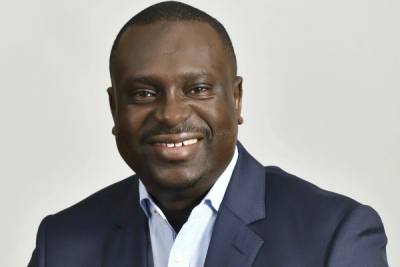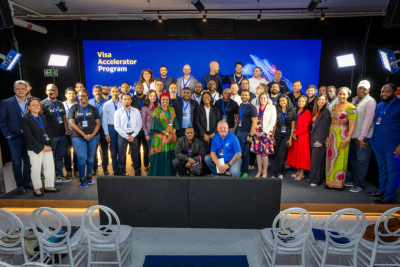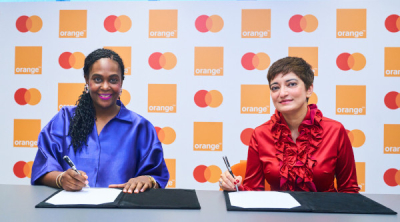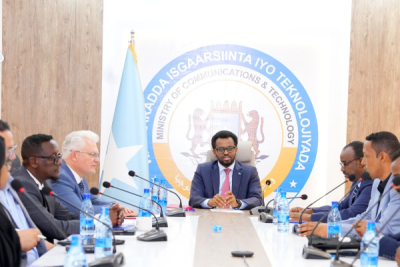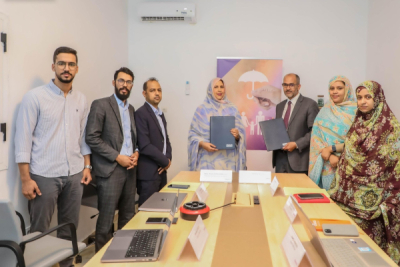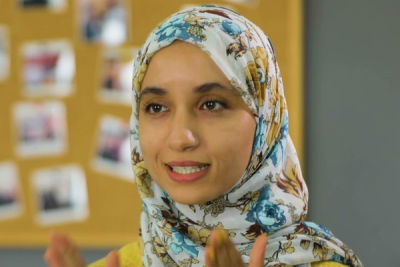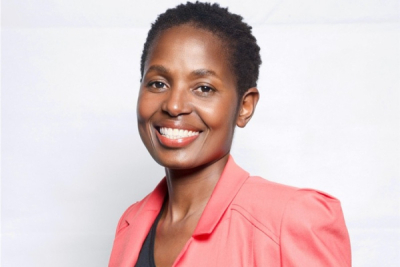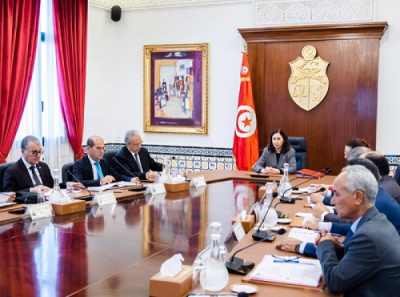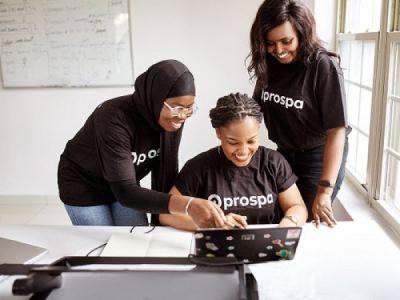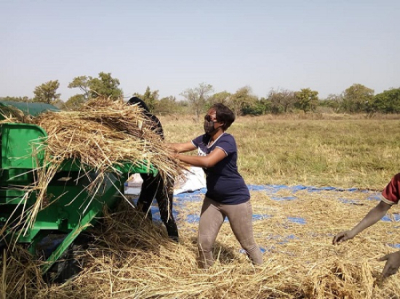By tailoring connectivity and financial inclusion services to local realities, Orange helps reduce digital and social divides, laying the groundwork for sustainable and inclusive development.
Orange Money processed 9 billion transactions valued at €164 billion ($190.37 billion), including €6 billion ($6.96 billion) in international transfers, in its African markets in 2024. This was revealed in the Cultivating Impact: Orange Middle East & Africa 2024 Corporate Social Responsibility Report. The platform welcomed 14 million new users, bringing its total to 100 million registered accounts since the service was launched, with 40 million active every month.
At the heart of this success lies a vast and expanding network of 600,000 points of sale, 66,000 of which were opened just last year. These points of sale serve as vital social hubs and income sources, empowering local agents and supporting micro-enterprises.
Orange Money’s reach was especially strong in key markets across Africa. The Democratic Republic of Congo led with 128,400 points of sale, followed by Cameroon with 92,400, Mali with 71,500, Côte d’Ivoire with 66,400, and Guinea with 64,400, the report reveals. A significant share of active customers are women, highlighting the program’s commitment to inclusivity. In Madagascar, for instance, 50% of active Orange Money users are women.
But Orange Money isn’t stopping at transfers. It expanded its fintech offerings via Orange Bank Africa and partnerships in countries without local banking presence—Botswana, Madagascar, among others—unlocking microcredit options like Tik Tak loans (In 2024, more than 340,000 customers were granted a Tik Tak loan). Mobile micro-insurance is another service supporting Orange Money's growth. Orange reveals that mobile micro-insurance solutions are already available in Sierra Leone, Côte d'Ivoire, Senegal, the DRC, and Mali.
In 2024, the platform pushed forward merchant digitalization by equipping hundreds of thousands of informal vendors with QR codes and Orange Money wallets, improving payment security and enabling transaction traceability.
Its impact extends further through mass payment solutions delivered in partnership with organizations such as the Danish Refugee Council, FAO, and WFP. These partnerships have enabled the rapid distribution of funds to vulnerable households, providing timely and efficient support when needed most.
In Liberia, it supports the government's digital payment initiative and works closely with the Central Bank to drive financial inclusion. In Côte d’Ivoire, Orange Money has helped over 400,000 households receive semi-annual social safety net payments, strengthening social protection mechanisms.
Looking ahead, a partnership signed at the end of 2024 with Mastercard will allow users in seven countries—from Senegal to Sierra Leone—to access virtual and physical debit cards, directly linked to their Orange Money accounts for seamless domestic and international payments.
All of this reinforces Orange’s wider mission to build a robust digital ecosystem tailored to local needs while supporting innovation and job creation. Across the 17 countries where Orange operates, the company serves 161 million customers, including 100 million data users and over 83 million 4G customers. As of 2024, mobile broadband coverage has reached 77%, with a goal of expanding to 85% by 2025.
With Africa’s digital economy projected to hit $712 billion by 2050 (according to the International Finance Corporation), platforms like Orange Money are stepping up investment and diversifying their value proposition to build customer loyalty, win new users, and boost revenues.
Hikmatu Bilali



